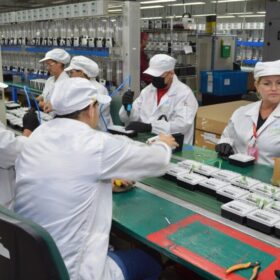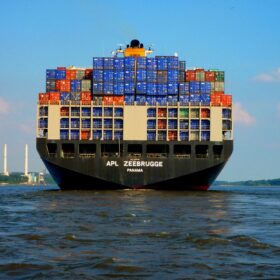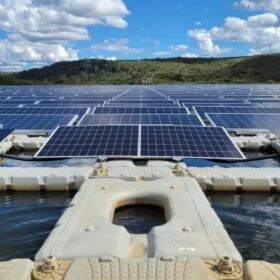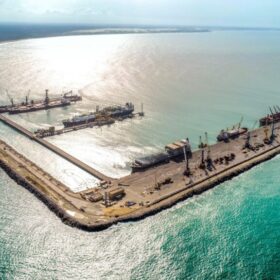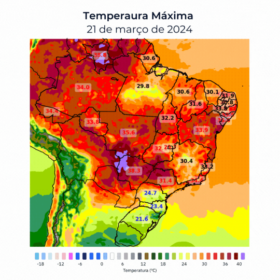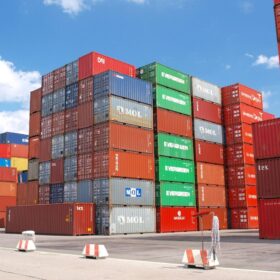Livoltek commissions inverter factory in Brazil
The company opened an inverter factory in the Manaus Free Trade Zone with a capacity of 1.8 GW, or 300,000 units per year. In the second phase, it plans to bring in the production of hybrid inverters and lithium batteries as well as chargers for electric vehicles and motors for electric boats. The company will have distribution centers in Curitiba and Fortaleza to ensure rapid delivery of equipment to the domestic market, with a minimum warranty of 10 years.
Grid backlog drives innovative approaches in Brazil
The rapid growth of renewable energy in Brazil has not been matched by transmission and distribution infrastructure. Connection restrictions for both “distributed-” and centralized-generation sites are leading companies to adopt new strategies to maintain expansion, reports pv magazine Brasil’s Livia Neves.
Solar module prices rising in Brazil
Despite global overcapacity, several factors may contribute to a slight increase in solar panel prices in Brazil, with shipping costs and quotas for fiscal exemptions on imported PV modules playing a key role.
Floating solar power in Brazil provides opportunity for hydroelectric power plants
The Itaipu hydroelectric power plant could almost double its generation capacity if it were to install a large floating solar plant that would occupy only 10% of its 1,350-square-kilometer reservoir area, according to an estimate released by the energy consulting and analysis firm PSR. The installation of floating PV could be an alternative to the repowering of power plants, although it faces regulatory and operational constraints.
FRV to invest some $5 billion in 2 GW of green hydrogen capacity in Brazil
FRV is one of a number of companies that has already signed contracts with the Ceará government for the production of green hydrogen and its derivatives in the state. Its H2 Cumbuco project is set to expand to 2 GW of electrolyzer capacity in two phases. The project will use residual urban water treated by the local sanitation company.
Brazil’s new PV additions hit 6 GW in January-April period
Brazil added 6 GW of new PV capacity between January and April. ABSolar, the Brazilian PV association, says the country has now cumulatively deployed 43 GW of solar capacity, with around 24 GW from PV systems below 75 kW in size.
Brazil’s January-March solar deployments hit 4 GW
Brazil’s cumulative installed PV capacity exceeded 41 GW at the end of March, with utility-scale plants accounting for 13 GW and distributed-generation resources representing 28 GW of the total.
Heat wave affects solar power generation in Brazil
A heat wave drove Brazil’s power demand up to a record high of 102 GW last week. However, it also affected solar power generation and pushed PV module operating temperatures to up to 60 C.
Brazil hits 40 GW milestone
Solar accounted for 17.4% of Brazil’s electricity mix last week. PV systems up to 75 kW in size represent around 50% of the total capacity.
Brazil’s solar panel imports hit 17.5 GW in 2023
PV module imports fell by 1% year on year in Brazil in 2023, according to a new report from solar consultancy Greener.
